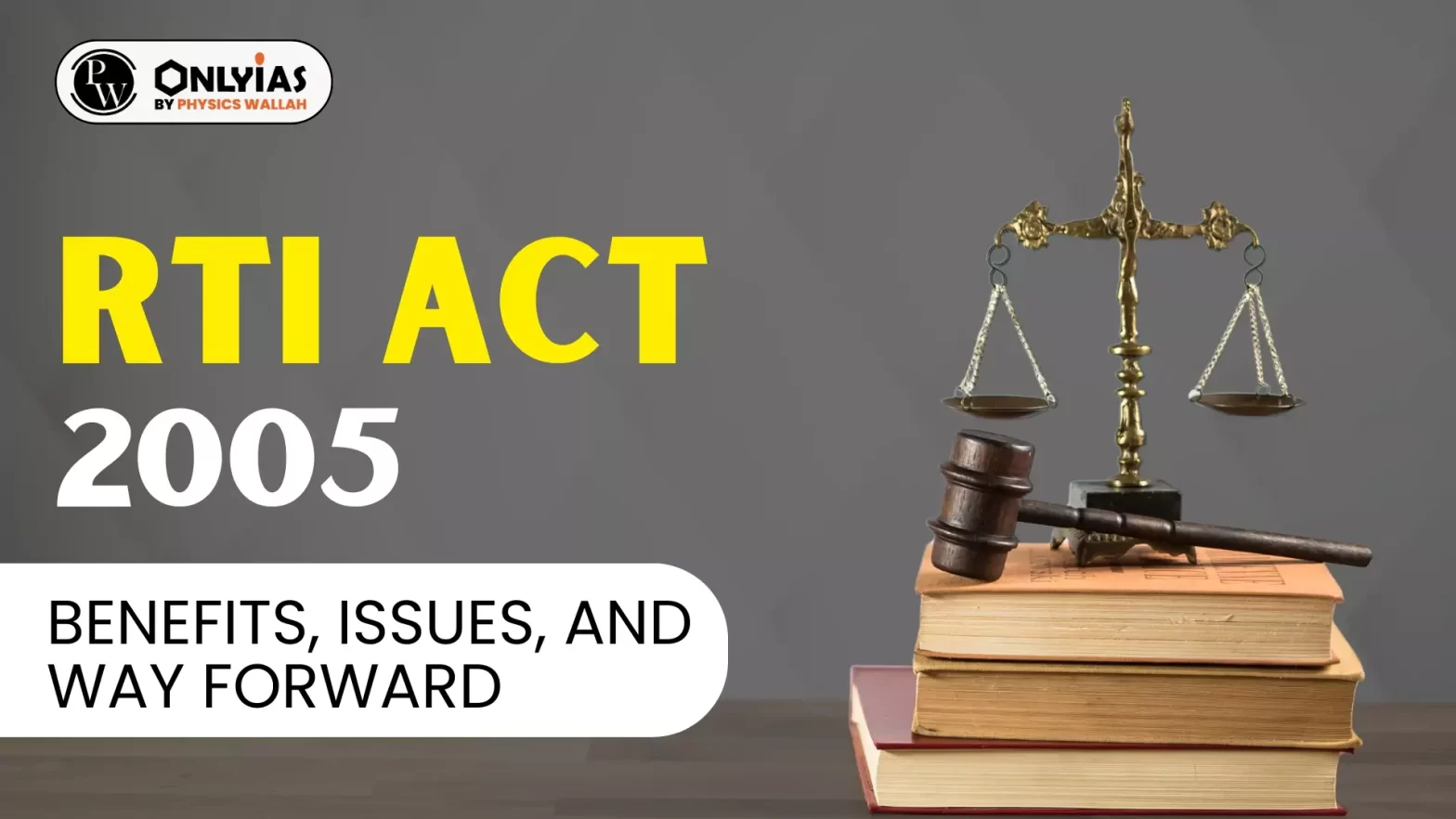![]() 23 Jan 2024
23 Jan 2024

Recently, the Delhi High Court set aside the Central Information Commission (CIC) order and directed the IT department to disclose details of tax exemption under RTI for PM CARES Fund.
| Relevancy for Prelims: Central Information Commission (CIC) , Right to Information (RTI) Act, and PM CARES Fund.
Relevancy for Mains: RTI Act 2005– Significance, Challenges and Way Forward. |
|---|
Rightly observed by Thomas Jefferson “Information is the currency of democracy”. Modern democracy requires an informed citizenry and transparency of information to hold the government accountable.
| Mains Question: Is the RTI Act, 2005 fulfilling its purpose of ensuring transparency and accountability in governance? Substantiate your answer. (10 marks, 150 words) |
|---|
| Must Read | |
| NCERT Notes For UPSC | UPSC Daily Current Affairs |
| UPSC Blogs | UPSC Daily Editorials |
| Daily Current Affairs Quiz | Daily Main Answer Writing |
| UPSC Mains Previous Year Papers | UPSC Test Series 2024 |
<div class="new-fform">
</div>